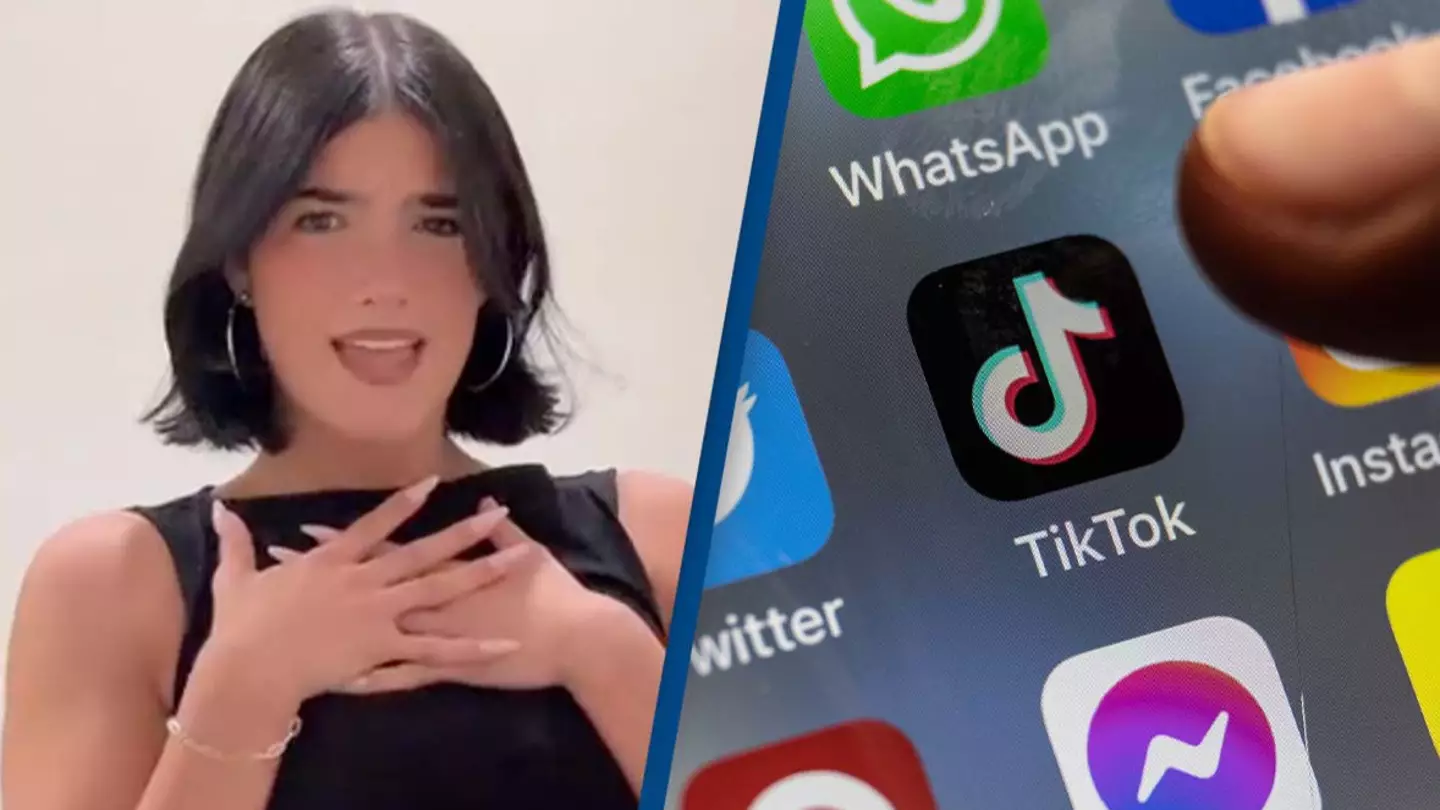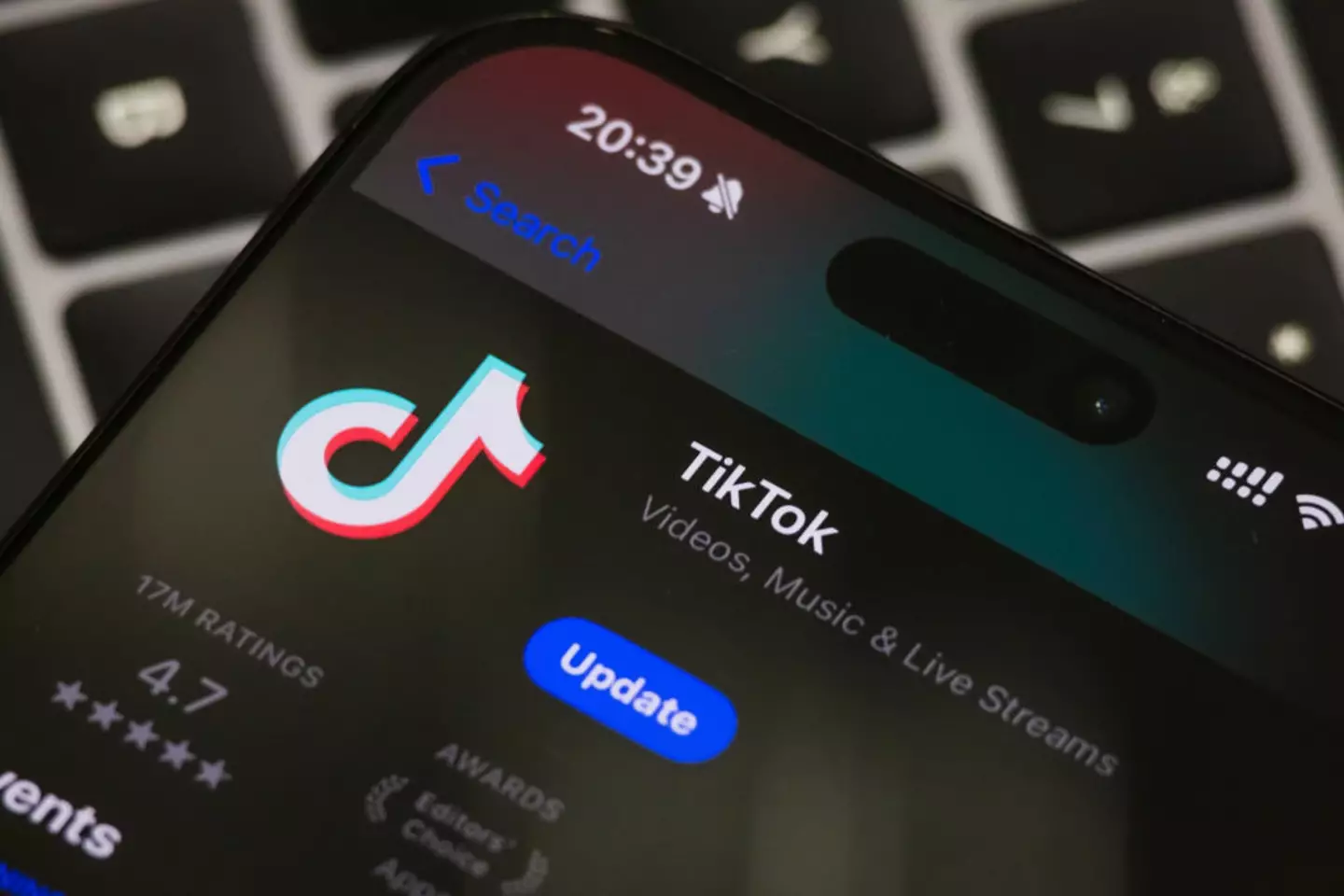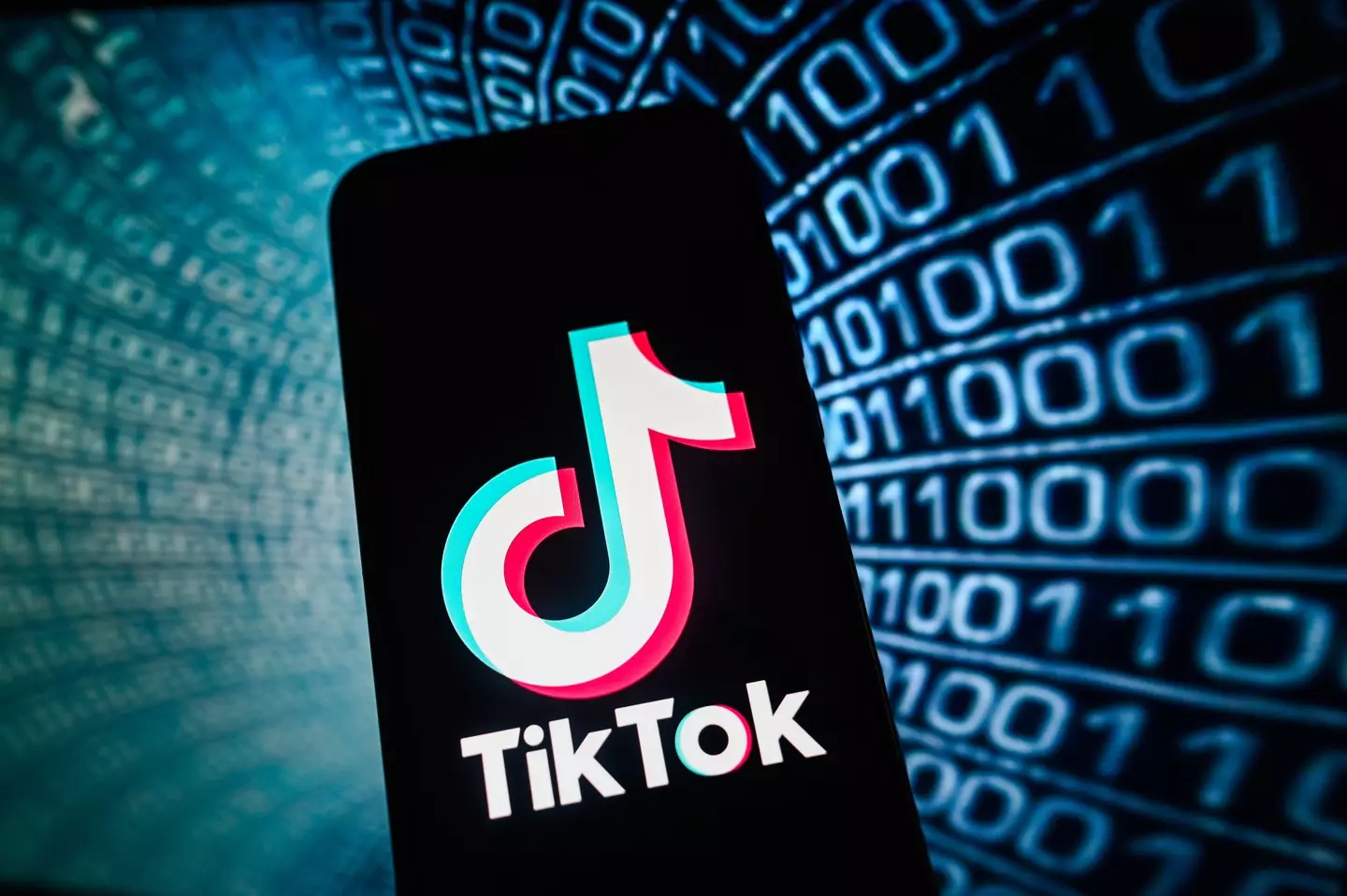
Supposed leaked documents from TikTok suggest the popular video app actively promotes ‘beautiful people’ while allegedly minimizing the visibility of ‘less attractive’ users.
While TikTok is loved by many across the world, with over one billion monthly users, there's no doubt it has been marred by its fair share of controversy over the years.
This has led to a growing list of countries putting some form of restrictions on the app.
Currently, the video giant is subject to an ongoing lawsuit filed by a whopping 14 states, which is led by California and New York.
Advert
And previously redacted internal documents from the case have been made public.

The lawsuit against TikTok
NPR reports that the lawsuit focuses on TikTok allegedly duping the public about the safety of the widely-accessed video app.
Many attorney generals have suggested that TikTok has violated consumer protection laws, while adding to an already desperate teen mental health crisis which is leaving medical services stretched.
California attorney General Rob Bonta said in a statement: "TikTok intentionally targets children because they know kids do not yet have the defenses or capacity to create healthy boundaries around addictive content.
"TikTok must be held accountable for the harms it created in taking away the time - and childhoods - of American children."
Leaked document allegations
Many of the allegations raised against TikTok are pretty damming, mostly around teens' mental health.
The documents, which were findings from investigations TikTok made itself, claim you can become 'addicted' to the app in under 35 minutes, or 260 videos.
While that may sound like a lot, Kentucky officials note that videos can be mere seconds long.
The investigators said: "Thus, in under 35 minutes, an average user is likely to become addicted to the platform."

An internal report seen by Kentucky investigators claimed that everyone's feed allegedly filled with 'more attractive' people after the algorithm saw 'a high volume of … not attractive subjects'.
The complaint also says TikTok allegedly 'took active steps to promote a narrow beauty norm even though it could negatively impact their young users'.
TikTok’s response
In a response issued on Thursday (October 17), TikTok spokesperson Alex Haurek slammed news outlets for publishing information about the complaint, which he claimed 'cherry-picks misleading quotes and takes outdated documents out of context to misrepresent our commitment to community safety'.
UNILAD has reached out to TikTok for further comment.
Topics: Social Media, TikTok
